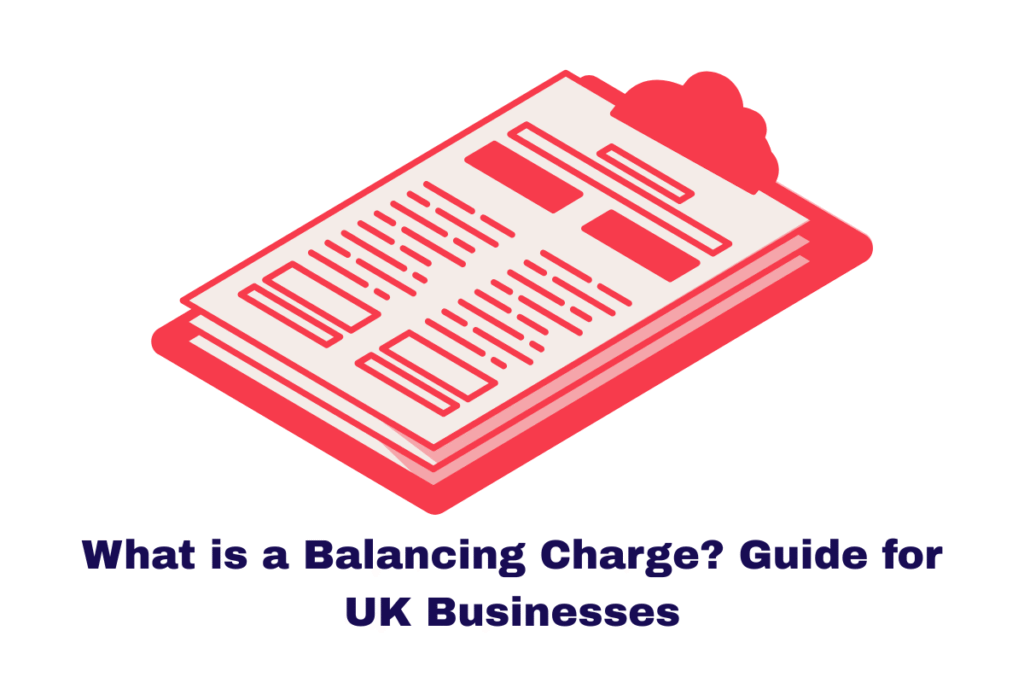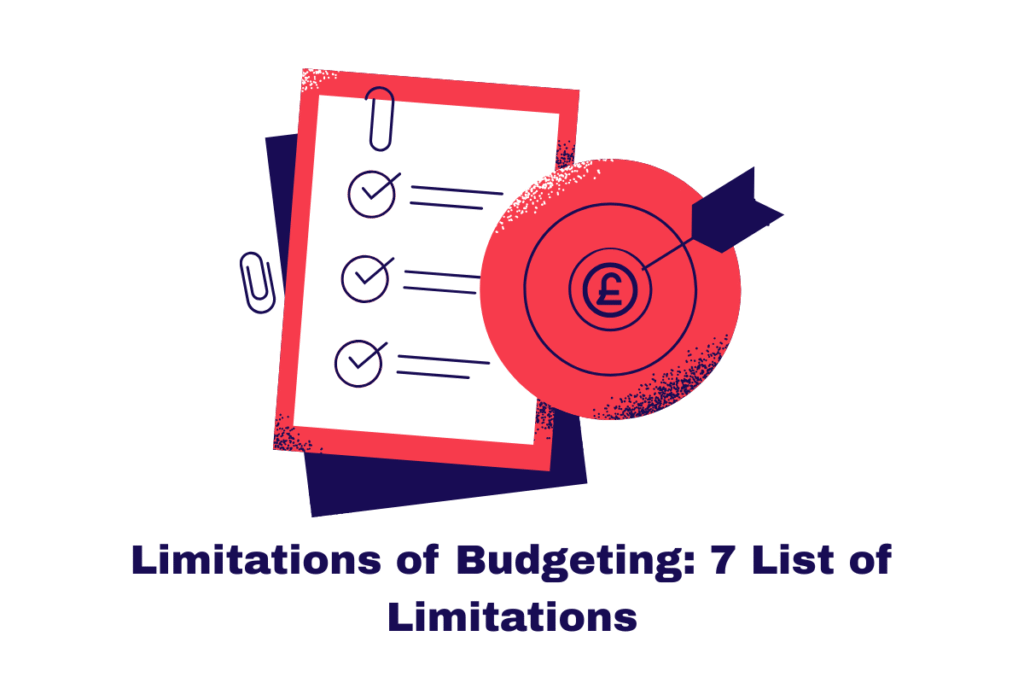Getting a bonus feels amazing. It’s like finding extra chips at the bottom of the bag—unexpected and delightful. But that joy can be short-lived when you realize a big chunk might be swallowed by tax. If you’ve ever asked yourself, “How much will I pay tax on bonus?”, you’re not alone. Many people in the UK are unsure how it all works, especially when the bonus isn’t a regular part of their monthly pay.
In this article, we’re breaking it all down about this common question: “How much will I pay tax on bonus?”. No complicated financial speak, just real answers for real people like you. Ready to understand what’s really happening with your bonus? Let’s dive in.
Want to Know How Much Tax Will Be Withheld from Your Bonus? Use Our Bonus Tax Calculator!
What Is a Bonus and How Is It Paid?
A bonus is extra money your boss gives you besides your regular paycheck. Companies might give these for doing a great job reaching goals, or as a yearly “thanks.”
Bonuses can be given in several ways:
- A single cash payout
- Rewards tied to how well you perform
- End-of-year or holiday bonuses
No matter why you get one, it counts as income so you’ll have to pay tax on it. Before you decide how to use it, remember you won’t keep the full amount.
Why Bonuses Are Taxed Differently
Here’s where it gets a bit confusing. Bonuses don’t get taxed using a different rate. They get taxed the same way as your regular paycheck. However, because they get added to your normal income, it might seem like they are taxed at a higher rate.
This can be tricky because the amount you take home might end up being less than you thought. Your tax bracket and the PAYE system decide how much of your bonus you keep.
Want to Know How Much Tax Will Be Withheld from Your Bonus? Use Our Bonus Tax Calculator!
PAYE: The System Behind the Scenes
PAYE, which means Pay As You Earn, is the UK system where employers take off Income Tax and National Insurance from your pay before giving it to you.
When you get a bonus, the money doesn’t just come straight to you. PAYE works out how much tax is owed based on what you earned during that pay period. If you earn more in that period, the system assumes you’ll keep earning at that level for the rest of the year.
Think of PAYE like predicting the weather: it guesses how much sunshine (money) you might see throughout the year and adjusts the umbrella (tax) to match—even if it ends up raining (a one-off bonus).
How Much will I Pay Tax on Bonus?
This is the question: How much will I pay tax on bonus?
Let’s keep it simple:
If you earn:
- Up to £12,570 – You don’t pay Income Tax (Personal Allowance)
- £12,571 – £50,270 – You pay 20% (Basic Rate)
- £50,271 – £125,140 – You pay 40% (Higher Rate)
- Above £125,140 – You pay 45% (Additional Rate)
So, your bonus gets stacked on top of your income and taxed accordingly. If your bonus pushes you into a new bracket—even temporarily—you may pay a higher rate on that part only.
Want to Know How Much Tax Will Be Withheld from Your Bonus? Use Our Bonus Tax Calculator!
Understanding Your Tax Code
Your tax code helps employers know how much tax-free income you’re entitled to. The most common one is 1257L, meaning you can earn £12,570 before paying tax.
A wrong tax code can lead to too much or too little tax taken from your bonus. Always check your payslip or contact HMRC if something seems off.
Example: Bonus Tax Calculation in Action
Let’s say:
- Your annual salary is £40,000
- You receive a £5,000 bonus
Your total income becomes £45,000. Here’s how tax might look:
- The first £12,570 – Tax-free
- The next £37,430 – Taxed at 20%
- Your bonus falls within the 20% band, so it will also be taxed at 20% Income Tax + National Insurance (around 12%)
But if you earned £49,000 and got a £5,000 bonus, the top £4,000 would fall into the 40% tax band, meaning that part of the bonus is taxed higher rate.
National Insurance and Bonuses
Bonuses aren’t just taxed through Income Tax—National Insurance Contributions (NICs) also apply.
For employees:
- You pay 12% on earnings between £12,570 and £50,270
- You pay 2% on anything above
So yes, your bonus will trigger National Insurance too.
How Employers Calculate Bonus Tax
Employers often include the bonus in your monthly wages and process it through the PAYE system. This might result in you being taxed more for the moment if your monthly earnings make it seem like your yearly income is higher than it is.
The system calculates your income for the year based on that particular month. You might pay extra at first, but things should balance out over time.
Impact of Large Bonuses on Tax Brackets
A large bonus can bump you into a higher tax band, but only for the part that crosses the threshold. You won’t lose your entire bonus to tax, just a higher percentage on the extra bit.
Example: If you earn £48,000 and get a £7,000 bonus:
- £2,270 of that bonus will be taxed at 40%
- The rest still gets 20%
So don’t worry—you’re not losing half your bonus.
Got a bonus? See how much you’ll actually take home with our Bonus Tax Calculator!
Is My Bonus Pushing Me into a Higher Tax Rate?
It might seem that way, but keep in mind that the part that moves into a higher tax bracket gets taxed at the higher rate. The rest stays taxed at its usual rate.
A lot of people think getting a bonus could mean less take-home pay than if they hadn’t gotten one, but that’s not true. You’ll always end up with more money just not as much more as you’d hope.
Can I Reduce the Tax on My Bonus?
Short answer: yes, in some situations.
You might reduce tax by:
- Increasing pension contributions
- Choosing salary sacrifice schemes
- Timing bonuses in a lower-income year
It’s all about planning and using smart financial tools.
Pensions and Salary Sacrifice Options
You can ask your employer to pay your bonus directly into your pension. This avoids Income Tax and National Insurance on that amount. It’s called salary sacrifice.
This option helps grow your retirement pot while saving tax. However, check if your employer allows it.
Other Deductions on Bonuses
Beyond tax and NICs, bonuses might face:
- Student Loan repayments
- Workplace pension auto-enrolment
- Court orders or child maintenance (if applicable)
All these affect what finally hits your account.
What Happens at the End of the Tax Year?
If too much tax was taken due to a miscalculated bonus, HMRC may issue a refund after April 5th (the end of the tax year). This usually comes through your next payslip or a P800 tax calculation.
Always check your P60 or P45 and compare it with your expected earnings.
Got a bonus? See how much you’ll actually take home with our Bonus Tax Calculator!
Tips to Maximise Your Bonus Take-Home
- Plan: Consider the timing—if it’s near the tax-year end, it could affect your rate.
- Use salary sacrifice: Redirect bonus to pension
- Update tax code: Ensure it reflects your true situation.
- Ask for gross bonus figures: So you understand pre-tax amounts.
- Consult a tax adviser: Especially if bonuses are large or frequent.
Conclusion: What You Really Take Home
Bonuses feel like a great reward, but the question “How much will I pay tax on bonus“ can take away some of the excitement. Here’s the good part: you can now see how it’s calculated.
Your bonus will increase your take-home pay. However, taxes and deductions might lower that amount more than you expected. If you learn how the system works and think ahead, you can find ways to get the most out of every pound.
FAQs
- Why did I get taxed so much on my bonus?
Because bonuses are taxed via PAYE and may temporarily make it look like you’re earning more for the year, triggering higher deductions. - Can I avoid paying tax on my bonus?
Not avoid—but you can reduce it by putting your bonus into your pension or using salary sacrifice options. - Will my bonus push me into a higher tax bracket permanently?
No, only the portion that goes over the threshold is taxed at a higher rate for that period. - What if my tax code is wrong?
An incorrect tax code could result in over-taxation. Always check it and contact HMRC if needed. - Can I get a tax refund on a bonus?
Yes, especially if you’ve been overtaxed. HMRC typically corrects it after the end of the tax year.
Explore Our Tax Calculators
Salary Tax Calculator
Reverse Tax Calculator
Tax Calculator UK
VAT Calculator
Bonus Tax Calculator
Simple Interest Calculator
Payslip Calculator
Dividend Tax Calculator
The content provided on TaxCalculatorsUK, including our blog and articles, is for general informational purposes only and does not constitute financial, accounting, or legal advice.
You can also visit HMRC’s official website for more in-depth information about the topic.




